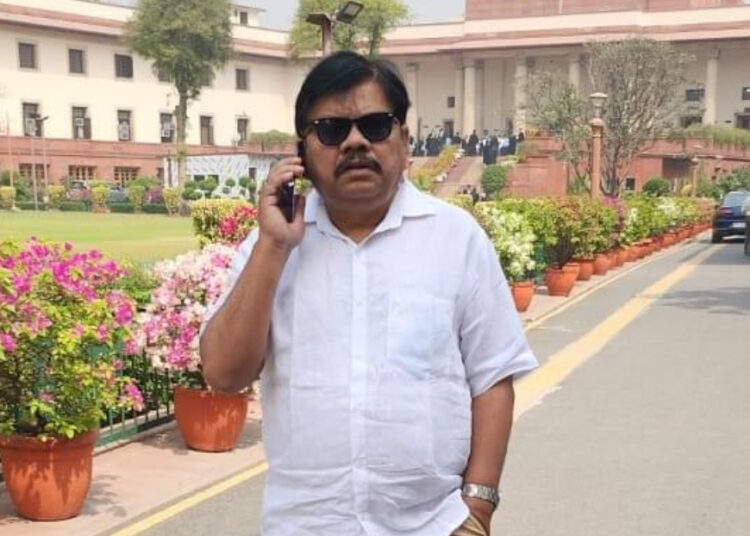Bihar cricket, as highlighted by Aditya Verma’s plea in the Patna High Court, lacks transparency and accountability. While cricket advisory committees (CACs) are supposed to ensure fair and unbiased selection of coaches and selectors, Bihar seems to be an outlier, where personal preferences and biases dominate. This undermines the very democratic process meant to maintain fairness and meritocracy in cricket administration.
Despite the court’s order for selectors to be chosen through a democratic process, it appears that the current regime has disregarded this mandate by reappointing two of last year’s hand-picked selectors. Even the junior selectors have been retained. This move not only ignores the court’s ruling but also signals a resistance to meaningful change and reform in the Bihar Cricket Association.
For someone like Verma, who has consistently advocated for transparency, it must be frustrating to witness this blatant disregard for due process. This issue will likely continue to hinder the growth of Bihar cricket unless genuine reforms are implemented and the selection process is democratized.
“The Court unequivocally held that the formation of the Three Men Committee by the Committee of Management to appoint selectors was illegal. This finding is based on the explicit stipulation under Rule 29(2)(ii) of the relevant regulations, which reserves the power to appoint selectors exclusively to the Annual General Meeting (AGM) of the BCA.
“The unauthorised assumption of this power by the Committee of Management constitutes a breach of procedural propriety and legal norms,” Verma wrote in his complain to the BCCI.
The court’s observations about the conflict of interest and abuse of power within the Bihar cricket body shed light on deeply entrenched issues that hinder the development of cricket in the state. The fact that selectors, appointed through an illegitimate process, chose players who were the sons of senior BCA officials like the Vice President and Joint Secretary reflects a troubling quid pro quo arrangement. Such practices erode the integrity of the selection process, creating an environment where merit is secondary to personal relationships.
This abuse of power not only compromises the credibility of Bihar cricket but also denies deserving young talented players the opportunity to prove their abilities. The court’s serious concerns highlight the urgent need for structural reforms, transparency, and the enforcement of democratic processes within the BCA. If left unchecked, this pattern of nepotism and favouritism will continue to undermine the sport in the state, perpetuating a culture of inequality and distrust. Hopefully, this judicial intervention can pave the way for real accountability, ensuring that cricket administration serves the best interests of the game rather than personal agendas.















